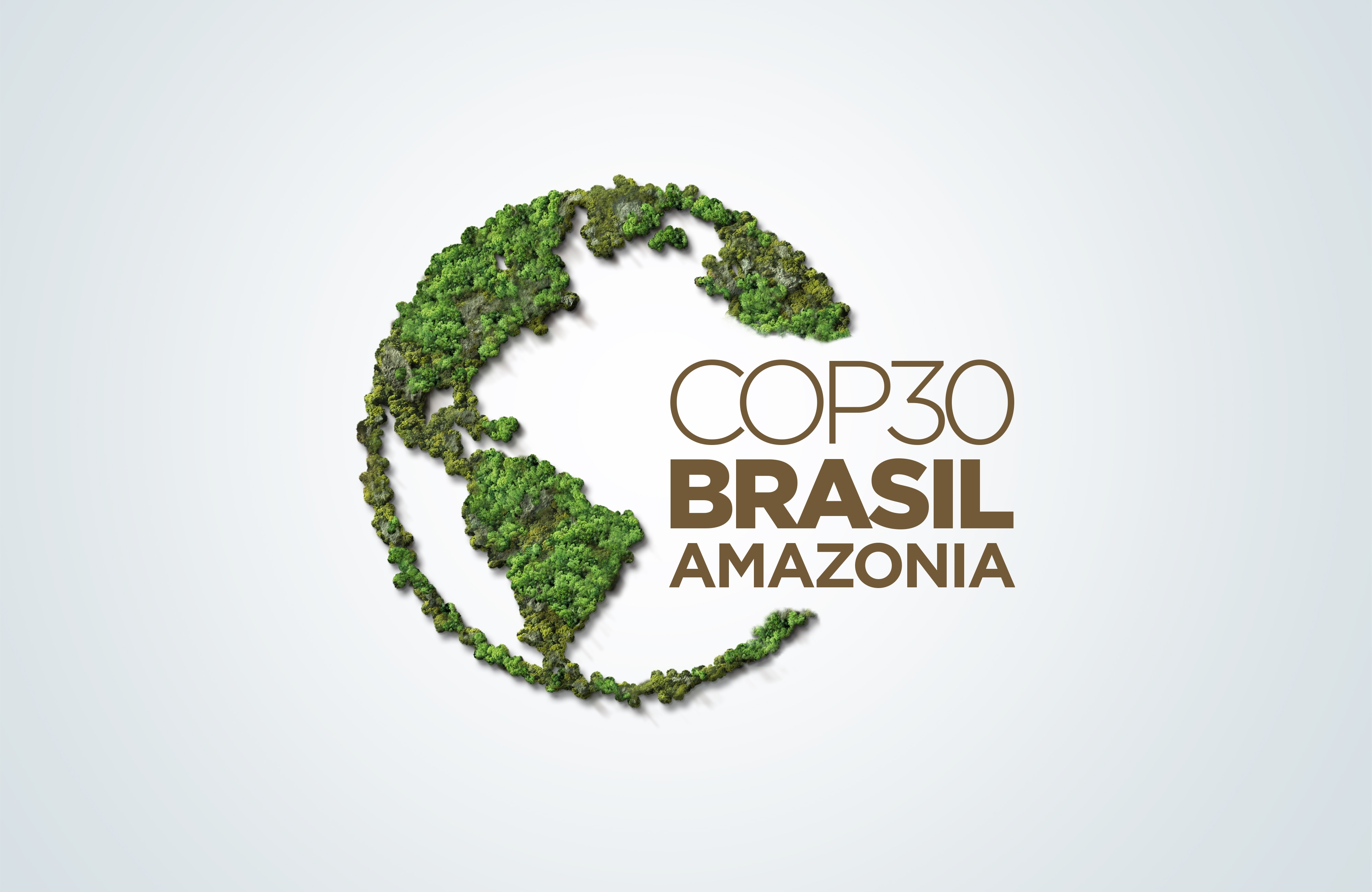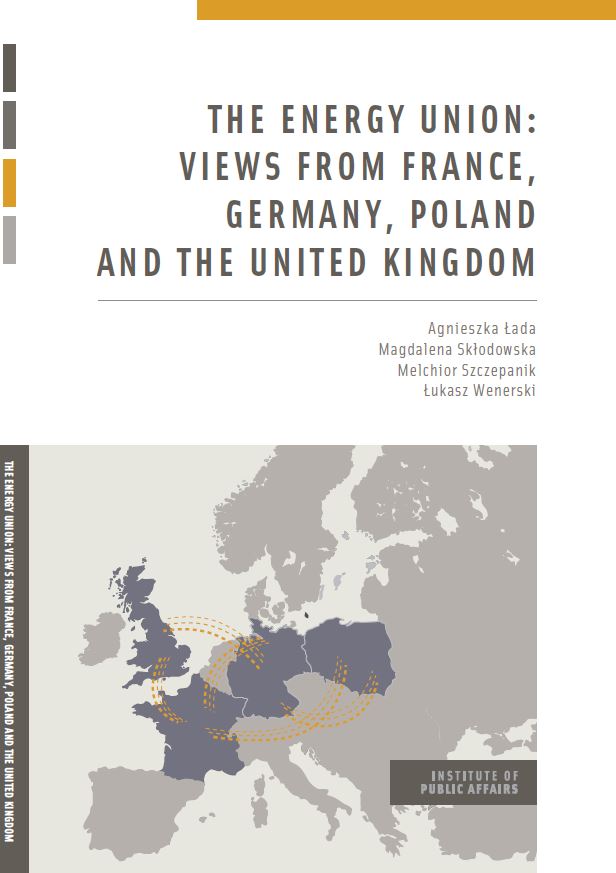Energy - Climate
In the face of the climate emergency and geopolitical confrontations, how can we reconcile security of supply, competitiveness, accessibility, decarbonization and acceptability? What policies are needed?
Related Subjects

COP30: An Inflection Point for Climate Action and Governance

The 30th Conference of the Parties (COP30), opening in Belém, Brazil, on November 10th 2025, convenes at a perilous moment.

Adapting to the Effects of Global Warming. Article from "RAMSES 2016"
Adaptation issues started to gain momentum from the Copenhagen conference in 2009. Up until then, international negotiations had focused on mitigation policies. However, the increase in weather events and the inadequate efforts to hold back global warming now make adaptation a key issue in discussions around the Paris agreement.
Water and Energy in the GCC: Securing Scarce Water in Oil-Rich Countries
Water scarcity in the Gulf Cooperation Council (GCC) states has traditionally been addressed by finding new ways of producing water. The high costs of desalinated water production are borne by the State through subsidies. As this trend is not environmentally or economically sustainable, new strategies are now giving priority to cost recovery and efficient resource management.

The Energy Union: Views from France, Germany, Poland and the United Kingdom
Report published by Instytut Spraw Publicznych (ISP) and presented at the 1-2 July 2015 conference organised by ISP, Stiftung Genshagen and Ifri: "Energy Union - Germany, France and Poland between common European goals and divergent national approaches". Melchior Szczepanik (ISP) and Carole Mathieu (Ifri Centre for Energy) co-authored the chapter dedicated to the French perspective on the Energy Union.

Self-consumption of electricity from renewable sources
A report released by Insight_E, the European energy consortium specialised on energy policy research and analysis
Lead author: Joris Dehler (KIT). Authoring team: Dogan Keles (KIT), Thomas Telsnig (IER), Benjamin Fleischer (IER), Manuel Baumann (KIT), David Fraboulet (KIC-IE/CEA), Aurélie Faure (IFRI), Wolf Fichtner (KIT). Reviewer: Paul Deane (UCC), Volker Stelzer (KIT)

Quantifying the "merit-order" effect in European electricity markets
A report released by Insight_e, the European energy consortium specialised on energy policy research and analysis.
Lead author: Paul Deane (UCC). Authoring team: Sean Collins, Brian O'Gallachoir (UCC), Cherrelle Eid (Ifri), Rupert Hartel, Dogan Keles, Wolf Fichtner (KIT). Reviewer: Alberto Ceña (Kic)
Looking Ahead to COP21: What Korea has done and what Korea should do
Korea is the world’s 14th largest economy but the 8th largest emitter of CO2 as of 2013, due largely to an energy-intensive industry structure. Although it has continuously reduced its dependency on petroleum since it introduced the Energy Master Plan in 2008, the relative portion of non-fossil fuel sources, such as renewable energy, is still marginal at best (representing less than 10 percent of the total energy portfolio). In particular, it is difficult for Korea to increase the portion of renewables for various reasons. In this context, Korea has tried to find an adequate role in fighting against climate change.

East-Mediterranean Gas potential: Opportunities and Barriers
A report released by Insight_e, the European energy consortium specialised on energy policy research and analysis
Lead authors: Constantinos Taliotis (KTH) and Maïté de Boncourt (Ifri), Authoring team: Kimon Keramidas (Enerdata), Reviewer: Paul Deane (UCC)

The New Dimensions of Geopolitics
Editor: Deborah Sherwood, published by Cligendael International Energy Program (CIEP) and Institut français des relations internationales (Ifri)

International Law and the Use of Maritime Hydrocarbon Resources
Editor: Deborah Sherwood, published by Clingendael International Energy Program (CIEP)

Is Natural Gas Green Enough for the Environment and Energy Policies?
Editor: Deborah Sherwood, published by Clingendael International Energy Program (CIEP) and Institut français des relations internationales (Ifri)
Which Lessons Have We Learned from the 2005-2007 Trial Phase of the EU Emission Trading System?
The Political Economy of Nuclear Energy in the United States
Energy and Environmental Policy in the United States
Support independent French research
Ifri, a foundation recognized as being of public utility, relies largely on private donors – companies and individuals – to guarantee its sustainability and intellectual independence. Through their funding, donors help maintain the Institute's position among the world's leading think tanks. By benefiting from an internationally recognized network and expertise, donors refine their understanding of geopolitical risk and its consequences on global politics and the economy. In 2025, Ifri supports more than 80 French and foreign companies and organizations.







